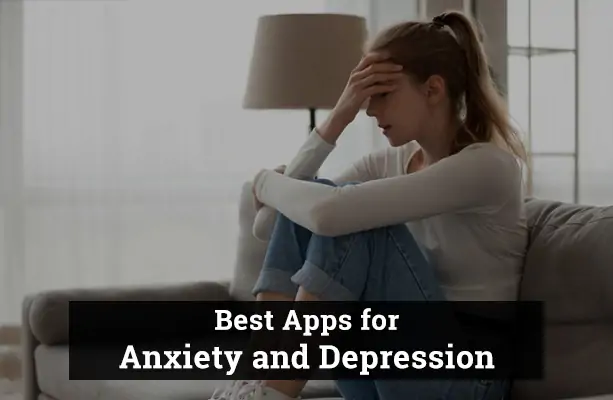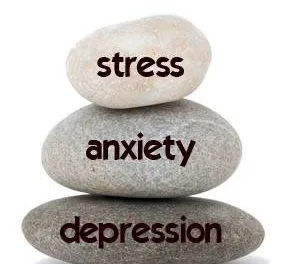Introduction to Best Depression Apps:
Best depression apps offer a range of features, from mood tracking to guided therapy, to help you navigate challenging times.
In today’s times, every individual, whether young or old, is affected by depression. But there’s no need to worry, as technology has made it easier by creating apps that provide great relief.
Depression is a complex mental health condition that affects millions of people worldwide. While traditional therapies like counseling and medication are essential, technology offers additional tools to help manage symptoms. Best depression apps can be a valuable resource for those seeking accessible support.
This article explores some of the best depression apps available today, focusing on their features, benefits, and
how they can complement professional treatment?
Best 👍depression apps
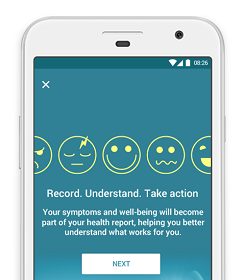
1. Mood path:
Moodpath is an innovative app designed to help users track and understand their emotional well-being. As I explore this app, I’ll dive into its features, usability, and overall effectiveness in supporting mental health. With Moodpath, users can engage in daily mood tracking, receive personalized insights, and access resources that promote self-care. Throughout this review, I’ll evaluate how well Moodpath fulfills its promise to help individuals better understand and manage their emotions.
Key Features:
Mood Tracking:
- Moodpath tracks your mood and emotional well-being, asking questions about your mental state three times a day.
Assessment
- After two weeks, the app provides an assessment that you can share with a healthcare provider.
Exercises:
- It includes over 150 exercises and courses designed to improve mental health.
Therapy Support:
- Offers resources and information that can support cognitive- behavioral therapy (CBT).
mood path app Download
Benefits:
Moodpath’s consistent tracking helps users gain insight into their mental health patterns, making it easier to recognize triggers and changes over time. Its assessments are a valuable tool for communicating with mental health professionals.
2. Headspace:
Headspace is a leading mindfulness and meditation app designed to help users achieve mental clarity and emotional balance. In this review, I’ll explore how well the app delivers on its promise to support mental well-being. From guided meditations to sleep aids, Headspace offers a variety of features aimed at reducing stress, improving focus, and promoting overall mental health. I’ll be examining the app’s usability, content quality, and effectiveness to see if it truly lives up to the hype.
Key Features:
Guided Meditation:
- Offers a wide range of guided meditations specifically designed for stress, anxiety, and depression.
Mindfulness Techniques:
- Teaches mindfulness practices to help manage negative thoughts and emotions.
Sleep Aids:
- Includes sleepless, music, and nature sounds to improve sleep quality.
Headspace download
Benefits:
Headspace is excellent for those looking to integrate mindfulness into their daily routine. Its user-friendly interface and variety of content make it suitable for beginners and experienced users alike.
All of the apps listed below are extremely beneficial. Take advantage of them by downloading from the provided links. A complete guide is also available. Please click here and explore them.
3. Woebot:
Key Features:
AI Chatbot:
- Woebot is a conversational agent that uses principles of CBT to provide real-time emotional support.
Daily Check-Ins:
- The app checks in daily to assess your mood and offers personalized advice.
Educational Tools:
- Provides information on mental health topics, helping users better understand their condition.
woebot download
Benefits:
Woebot’s 24/7 availability makes it a convenient option for users who need support outside of regular therapy sessions. Its conversational style feels personal and engaging, which can be comforting during tough times.
4. Sanvello:
Key Features:
Mood Tracking:
- Sanvello allows users to track their mood and progress over time.
Guided Journeys:
- Offers evidence-based courses that combine CBT, mindfulness, and mood tracking.
Peer Support:
- Includes community features where users can connect with others experiencing similar challenges.
sanvello download
Benefits:
Sanvello is a well-rounded app that addresses various aspects of mental health. Its combination of therapy techniques and community support makes it a versatile tool for managing depression.
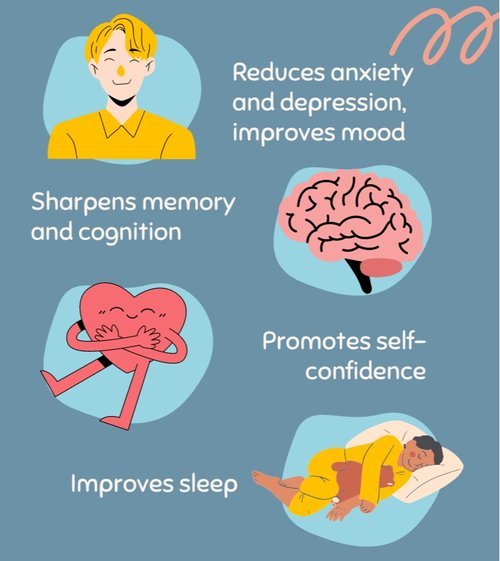
5. Calm
Key Features:
Meditation and Relaxation:
- Calm provides a range of guided meditations, breathing exercises, and relaxing sounds.
Sleep Stories:
- Features stories designed to help users fall asleep.
Mental Wellness Programs:
- Includes programs on self-esteem, happiness, and resilience.
calm app download
Benefits:
Calm is particularly effective for those struggling with sleep issues and stress, which are often linked to depression. Its soothing content and beautiful interface create a peaceful environment for relaxation.
6. Happify
Key Features:
Science-Based Games:
- Happify uses games and activities rooted in positive psychology to boost mood.
Personalized Tracks:
- Users can choose from various tracks tailored to their specific goals, such as reducing stress or increasing happiness.
Progress Tracking:
- The app tracks your progress and provides feedback on your mental well-being.
happify app download
Benefits:
Happify offers a fun and interactive way to work on mental health. Its focus on positive psychology helps users build resilience and develop a more optimistic outlook.
7.Youper:
Key Features:
AI Assistant:
- Youper uses an AI assistant to guide users through CBT techniques and mindfulness exercises.
Mood Tracking:
- Regular mood tracking helps users identify patterns and triggers.
Emotional Health Assessments:
- Provides assessments that help users understand their emotional state.
youper app download
Benefits:
Youper’s AI-driven approach offers personalized support and insights. It’s a great option for those who prefer a more structured and interactive way of managing their mental health.
8.TalkLife:
Key Features:
Peer Support:
- TalkLife is a peer support network where users can share their experiences and offer advice to others.
Safe Space:
- The app is moderated to ensure it remains a safe and supportive environment.
Mood Tracking:
- Users can track their mood and share updates with the community.
Benefits:
TalkLife is ideal for those who benefit from peer support. The community aspect of the app can help users feel less isolated and more understood.
How manyTypes:
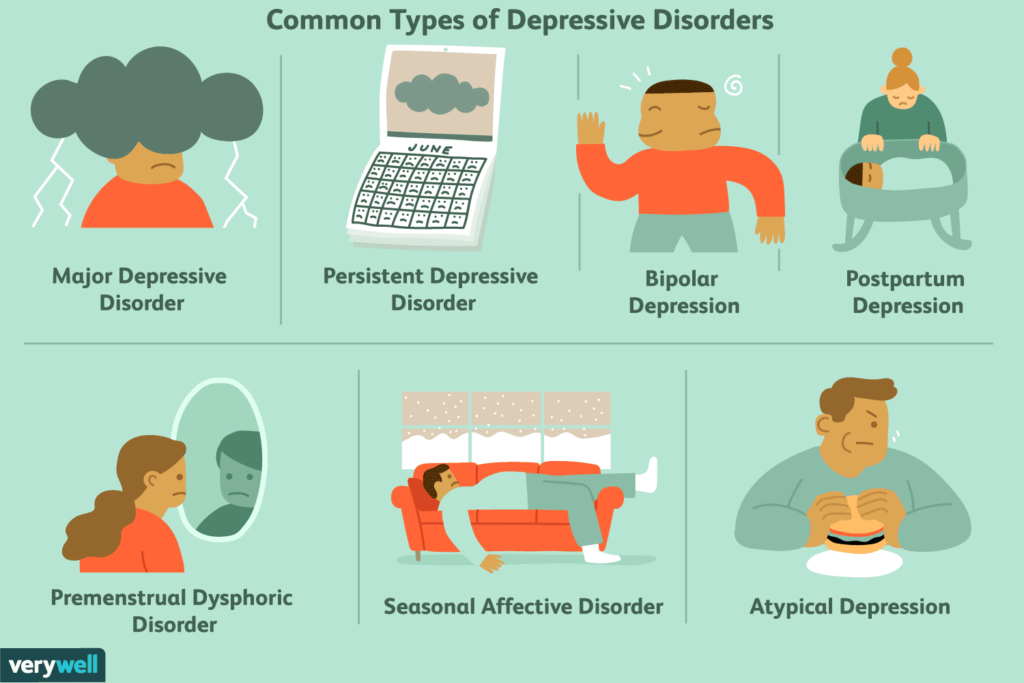
Depression apps can be categorized into different types based on their primary focus and functionality. Here are some common types:
1. Mood Tracking Apps:
These apps help users monitor their mood and emotions over time. They often ask users to log their feelings, activities, and other factors that might influence their mental state.
Examples:
Moodpath, Daylio
Use Case:
- Identifying patterns and triggers for depressive episodes, which can be shared with a therapist.
2. Cognitive Behavioral Therapy (CBT) Apps:
CBT apps guide users through exercises and techniques based on cognitive behavioral therapy, a common therapeutic approach for managing depression. These apps may include activities to challenge negative thoughts, track progress, and develop coping strategies.
Examples:
Sanvello, CBT Thought Diary
Use Case:
- Providing structured therapy exercises that users can complete independently or alongside professional therapy.
3. Meditation and Mindfulness App:
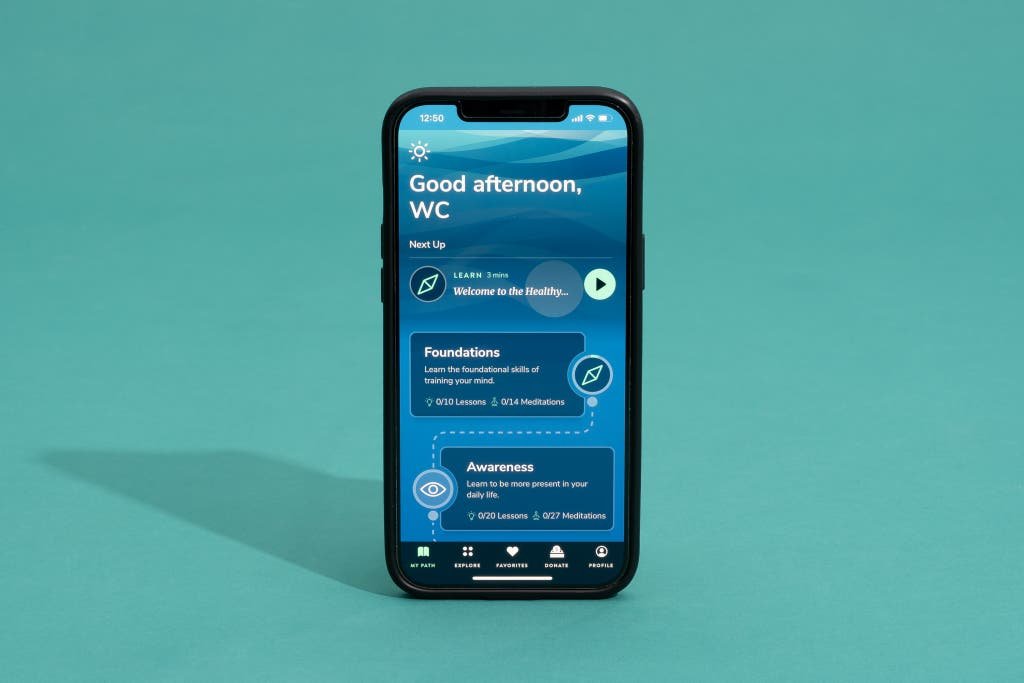
These apps focus on teaching mindfulness and meditation practices, which can help reduce stress, anxiety, and symptoms of depression. They usually offer guided meditations, breathing exercises, and relaxation techniques.
Examples:
- Headspace, Calm
Use Case:
Enhancing mental well-being through mindfulness practices, improving sleep, and reducing stress.
4. AI Chatbot Apps:
AI chatbot apps provide conversational support using artificial intelligence. They can simulate conversations, offer advice, and guide users through therapeutic exercises. These apps are often available 24/7, providing immediate support when needed.
Examples:
Woebot, Youper
Use Case:
Offering real-time emotional support, especially when human interaction is not available.
5. Peer Support Apps:
Peer support apps connect users with others who are going through similar mental health challenges. These platforms allow users to share their experiences, offer support, and receive advice from a community.
Examples:
TalkLife, 7 Cups-
Use Case:
Reducing feelings of isolation by connecting with a supportive community of peers.
6. Positive Psychology and Mood-Boosting Apps:
These apps use techniques from positive psychology to help users build happiness, resilience, and optimism. They often include activities like gratitude journaling, goal setting, and positive affirmations.
Examples:
Happify, SuperBetter.
Use Case:
Enhancing mood and well-being by focusing on positive emotions and experiences.
7. Therapy Companion Apps:
These apps are designed to complement traditional therapy by providing additional resources, exercises, and tools that users can work on between sessions. They often include features like mood tracking, journaling, and guided reflections.
Examples:
BetterHelp, Talkspace (though these also offer direct therapy sessions)
Use Case:
Supporting ongoing therapy with additional tools and resources.
conclusion:
depression apps offer a wide range of tools and resources that can support individuals in managing their mental health. From mood tracking and cognitive -behavioral therapy to mindfulness practices and peer support, these apps provide accessible and convenient options for those seeking additional help beyond traditional therapy. While no app can replace professional mental health care, they can complement it by offering daily support, education, and coping strategies.
Whether you’re looking to track your mood, practice mindfulness, or connect with others, there is likely an app that can meet your specific needs. It’s essential to choose the right type of app based on your personal preferences and mental health goals, and always consider discussing app usage with a healthcare provider to ensure it fits within your overall treatment plan.
you must watch 👁️👁️ this article 👇👇👇
Depression Anxiety Stress Scale 42: Measuring the Emotional Spectrum

